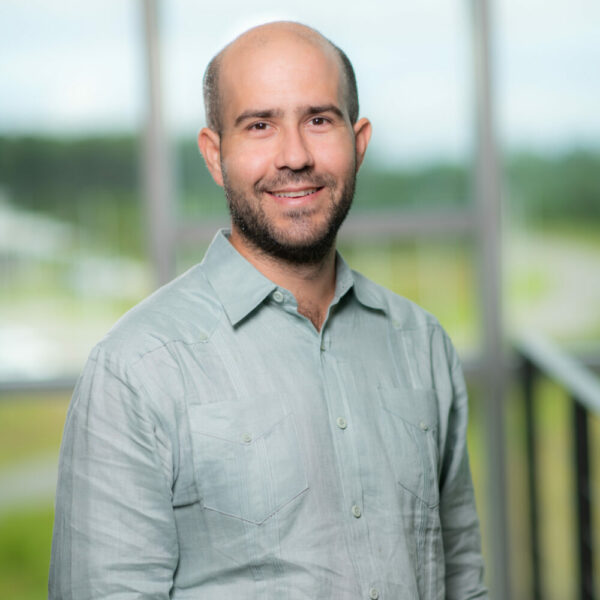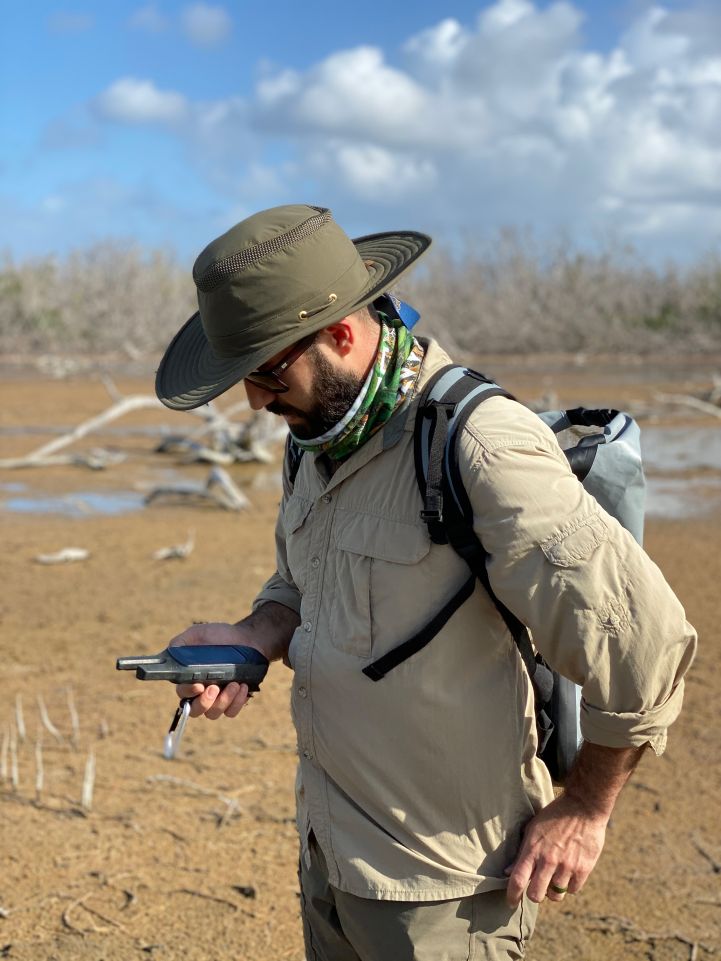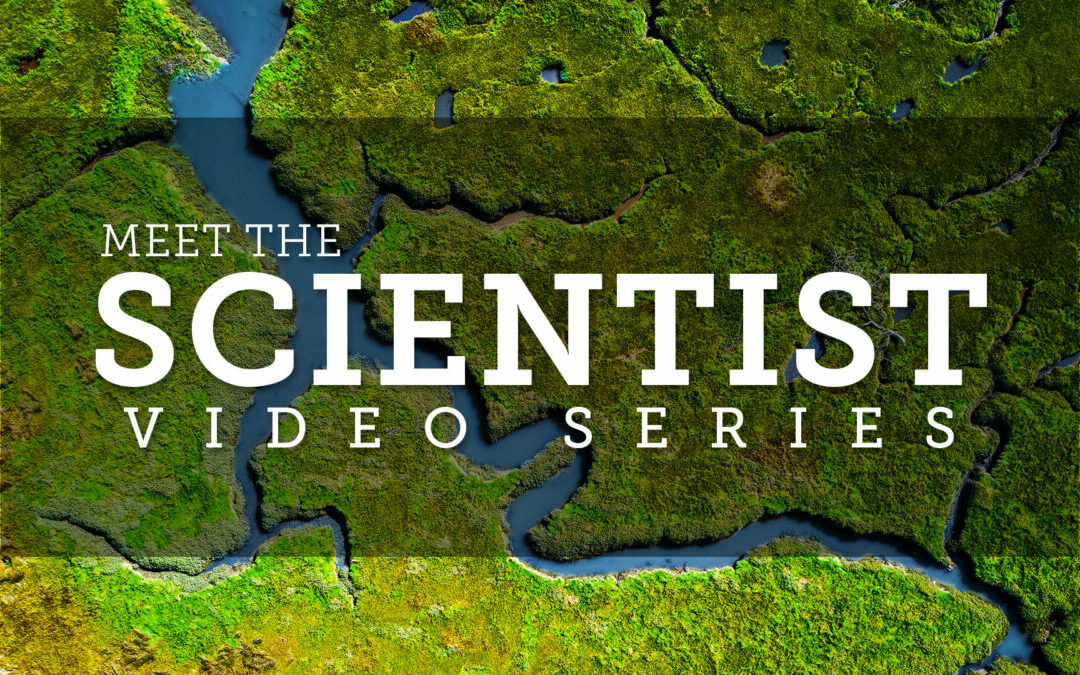Have you ever wondered what it takes to be a scientist? Or are you curious about what research takes place on the ECU Outer Banks Campus? If you answered “YES!” to either of these questions, you should tune in to our monthly, live-streamed video series Meet the Scientist. In each episode, Dean Reide Corbett sits down with ECU and CSI scientists to discuss some of their latest work.
In the fifth installment of this series, Dean Corbett will interview Dr. David Lagomasino, Assistant Scientist at Coastal Studies Institute and ECU Assistant Professor in the Department of Coastal Studies.

Dr. David Lagomasino uses Earth-observing satellites to make sense of when, where, why, and how coastal areas are changing around the world. From the expansion of shrimp farms in Indonesia to urbanization in the US, satellites provide crucial information that can help inform better decisions about how to conserve, restore, and protect coastlines.
The program is appropriate for all ages and available to the public via our YouTube Channel. View the live-streamed event on Thursday, April 29, 2021, at 6 pm and ask questions through the chatbox. The program will also be recorded and available for later viewing on the YouTube Channel.
Lagomasino Low Down
David uses satellite, airborne, drone, and ground measurements to identify areas of coastal resilience and vulnerability. His research links remotely sensed spatial data directly with stakeholders in order to address exposure and sensitivity issues for coastal/wetland management and ecosystem valuation. He has been involved in a number of coastal blue carbon projects with funding from NASA’s Carbon Monitoring Systems Program, NASA’s Biodiversity and Forecasting Program, USDA’s National Forest Inventory Assessment Program, NASA’s New Investigator Program, and the Center for International Forestry.
Through his projects, David has visited coastal regions around the world and gained insights into coastal issues many other countries face that are similar to North Carolina and the US. Throughout his research and field campaigns, David works to engage students in every step of the research process, from sample collection and data analysis to oral and written presentations. His goal is to provide meaningful information that will better inform coastal management practices while also inspiring students and the community to become environmental stewards in order to help sustain our coastal resources.
Tune in Thursday, April 29th, to learn more about the fascinating work of Dr. David Lagomasino!




 Based at the Coastal Studies Institute (CSI), the North Carolina Renewable Ocean Energy Program (NCROEP) advances inter-disciplinary marine energy solutions across UNC System partner colleges of engineering at NC State University, UNC Charlotte, and NC A&T University. Click on the links below for more information.
Based at the Coastal Studies Institute (CSI), the North Carolina Renewable Ocean Energy Program (NCROEP) advances inter-disciplinary marine energy solutions across UNC System partner colleges of engineering at NC State University, UNC Charlotte, and NC A&T University. Click on the links below for more information. ECU's Integrated Coastal Programs (ECU ICP) is a leader in coastal and marine research, education, and engagement. ECU ICP includes the Coastal Studies Institute, ECU's Department of Coastal Studies, and ECU Diving and Water Safety.
ECU's Integrated Coastal Programs (ECU ICP) is a leader in coastal and marine research, education, and engagement. ECU ICP includes the Coastal Studies Institute, ECU's Department of Coastal Studies, and ECU Diving and Water Safety. The ECU Outer Banks campus is home to the Coastal Studies Institute.
The ECU Outer Banks campus is home to the Coastal Studies Institute.

